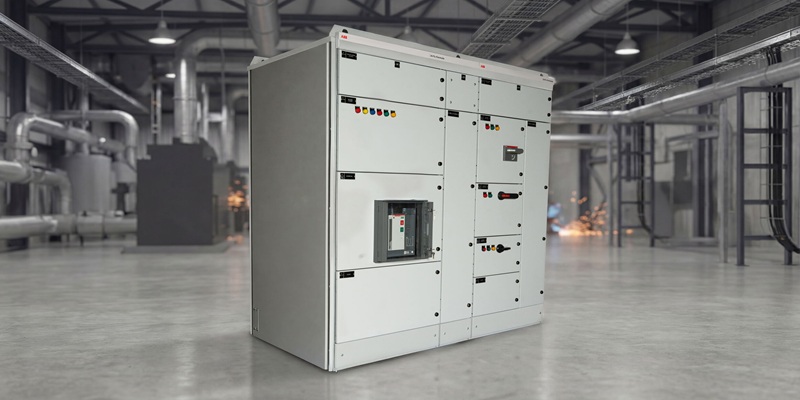Schedule a Call Back
Will Rs 3.05 trn investment change the fortunes of power equipment makers?
 Articles
Articles- Feb 23,21
Related Stories

Schneider Electric Opens Liquid Cooling Factory in Bengaluru
Schneider Electric launches its first Motivair liquid cooling plant in India, strengthening local manufacturing for AI-ready, high-density data centres and boosting export capabilities.
Read more
ABB India launches ArTu Formula LV switchgear for safer power distribution
ABB India introduces IEC-compliant ArTu Formula LV switchgear to support diverse applications and India’s growing power needs
Read more
TARIL Secures Rs 533.3 Mn PGCIL Contract for 397 MVA HVDC Converter Transformer
TARIL secures a Rs 533.3 million PGCIL order for a 397 MVA HVDC converter transformer, marking a major milestone in India’s advanced transmission technology segment.
Read moreRelated Products

Integrated Electric Gripper S Series
IBK Engineers Pvt Ltd offers a wide range of integrated electric gripper S series.

Geared Electric Motors
Delco Fans Pvt Ltd offers single phase capacitor run and three
phase geared Instrument motors, totally enclosed face/foot mounted.

“Kusam-Keco” Partial Discharge Acoustic Imager - Model - Km-pdai
‘Kusam-Meco’ has introduced a new “Partial Discharge Acoustic Imager Model KM-PDAI.














